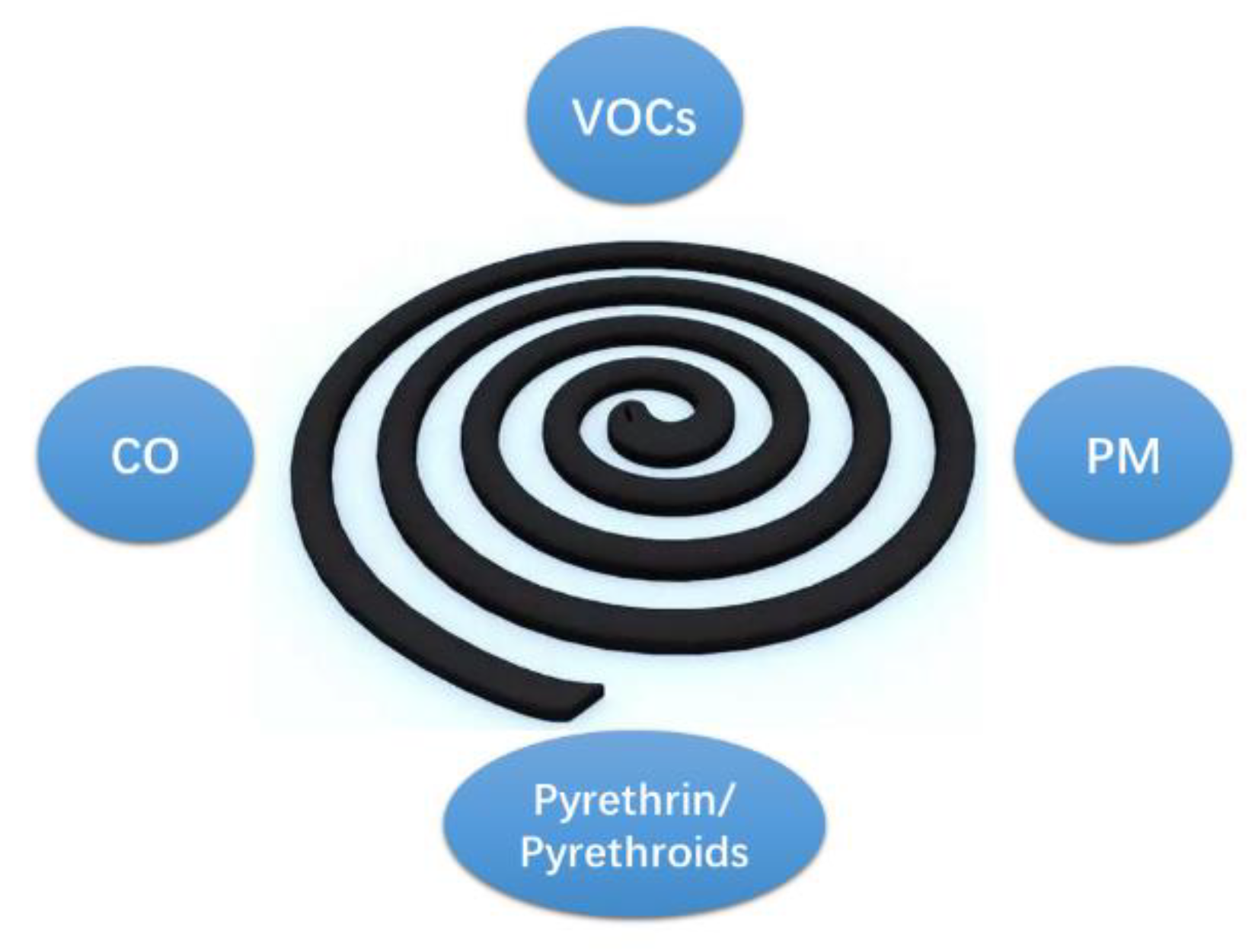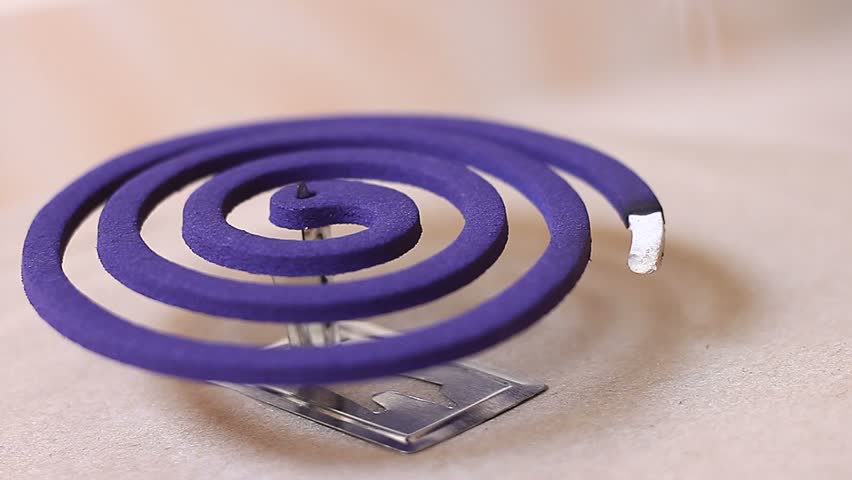Using mosquito coils during pregnancy is not safe due to the potential health risks involved. The smoke can cause respiratory irritation, especially for individuals with underlying health conditions.
It is advisable to avoid mosquito coil usage during pregnancy to minimize any potential harm to both the mother and the developing baby. Pregnant women should be cautious when using mosquito coils as the smoke emitted can lead to respiratory issues.
The lack of clear evidence on the long-term effects of mosquito coil smoke necessitates a precautionary approach. It is crucial to prioritize the health and well-being of both the pregnant woman and the unborn child by avoiding exposure to potentially harmful substances like mosquito coil smoke during this sensitive period.
Introduction To Mosquito Coil Usage
Using mosquito coils during pregnancy may pose risks due to the smoke emitted. Exposure to coil smoke can lead to respiratory issues, particularly in babies with sensitive lungs. It’s advisable to avoid using coils indoors and around children for safety.
Mosquito coils are commonly used to repel mosquitoes, especially in areas with high insect activity. They work by releasing insecticides when burned, creating a smoke that drives away mosquitoes.Pros Of Mosquito Coils
General Safety Concerns
– Avoid indoor use to prevent respiratory irritation – Keep away from children and pets to prevent accidental ingestion – Use in well-ventilated areas to reduce inhalation of smokeWhen using mosquito coils during pregnancy, it’s crucial to prioritize safety to minimize any potential risks to both the mother and the baby.Composition Of Mosquito Coils
Using mosquito coils during pregnancy should be avoided due to the potential health risks associated with inhaling the smoke. The composition of mosquito coils releases carbon monoxide and other toxic fumes which can cause respiratory irritation and adverse reactions, particularly for babies with sensitive and underdeveloped lungs.
It’s best to steer clear of mosquito coils to ensure a safe and healthy environment for both the mother and the baby.
Mosquito coils are commonly used as a mosquito repellent, emitting smoke when burned. They are composed of various ingredients, some of which may pose potential risks, especially for pregnant women. It’s important to understand the composition of mosquito coils and the potential effects on maternal and fetal health.
Common Ingredients
Mosquito coils typically contain a combination of active and inactive ingredients such as pyrethroids, allethrin, esbiothrin, octachlorodipropyl ether (S-2), and other inert fillers and binders. These ingredients work together to release smoke that repels mosquitoes.
Toxic Chemicals Identified
Research has identified the presence of toxic chemicals in mosquito coils, including carbon monoxide, formaldehyde, and volatile organic compounds (VOCs). When burned, these chemicals can be released into the air, potentially causing respiratory irritation and adverse health effects, particularly for pregnant women and their developing fetuses.
Pregnancy And Environmental Toxins
Exposure to mosquito coil smoke during pregnancy can pose health risks, potentially affecting the baby’s delicate respiratory system. It’s advisable to avoid using mosquito coils indoors to prevent any adverse reactions and ensure a safe environment for both the mother and the baby.
Effects Of Toxins On Pregnancy
During pregnancy, the body undergoes a lot of changes, and the growing fetus is especially sensitive to environmental toxins. Exposure to toxins, such as those found in mosquito coil smoke, can have negative effects on the health of both the mother and the developing baby. Mosquito coils release smoke that contains harmful chemicals such as carbon monoxide, formaldehyde, and pesticides. Inhaling this smoke can cause respiratory irritation, headaches, and nausea.Specific Risks During Different Trimesters
The risks associated with exposure to mosquito coil smoke can vary depending on the trimester of pregnancy. During the first trimester, when the fetus is still developing its major organs, exposure to toxins can have a significant impact. Studies have shown that exposure to mosquito coil smoke during the first trimester can increase the risk of childhood obesity. In the second and third trimesters, exposure to toxins can have negative effects on the baby’s brain development, leading to cognitive and behavioral problems.It is important to note that exposure to toxins during pregnancy can also increase the risk of preterm birth, low birth weight, and miscarriage. Therefore, it is recommended that pregnant women avoid exposure to mosquito coil smoke and other environmental toxins as much as possible.In conclusion, while mosquito coils may be effective in repelling mosquitoes, they can pose significant risks to the health of pregnant women and their developing babies. It is advisable to use alternative methods of mosquito control, such as mosquito nets and insect repellents that are safe for use during pregnancy.Credit: www.thehindu.com
Health Impacts Of Mosquito Coil Smoke
Mosquito coil smoke can have potential health impacts, especially for pregnant women. It’s important to be aware of the potential risks associated with inhaling the smoke from mosquito coils, as it may affect respiratory health, contain potential carcinogens, and impact fetal development.
Respiratory Issues
Inhaling mosquito coil smoke can result in respiratory irritation, leading to coughing, wheezing, and shortness of breath. This can be particularly concerning for pregnant women, as it may exacerbate any existing respiratory conditions and affect the overall well-being of both the mother and the fetus.
Potential Carcinogens
The smoke emitted by mosquito coils may contain potentially harmful chemicals such as formaldehyde and benzene, which are classified as potential carcinogens. Prolonged exposure to these substances may increase the risk of developing cancer, making it a significant concern for pregnant women and their unborn children.
Impact On Fetal Development
Exposure to mosquito coil smoke during pregnancy can have adverse effects on fetal development. The toxic compounds present in the smoke can potentially cross the placental barrier, affecting the growth and health of the developing fetus. This makes it essential for pregnant women to avoid unnecessary exposure to mosquito coil smoke to safeguard the well-being of their unborn child.
Alternatives To Mosquito Coils
When it comes to repelling mosquitoes during pregnancy, it’s essential to consider safe alternatives to mosquito coils. Pregnant women are often concerned about potential health risks associated with using mosquito coils, as the smoke emitted from these coils can be harmful to both the mother and the unborn child. Fortunately, there are several alternatives to mosquito coils that are considered safe and effective in deterring mosquitoes.
Safe Repellents During Pregnancy
- DEET-based repellents
- Picaridin-based repellents
- Oil of lemon eucalyptus-based repellents
- IR3535-based repellents
Natural Methods To Deter Mosquitoes
- Using citronella candles
- Applying lavender oil on the skin
- Placing mosquito nets around sleeping areas
- Growing mosquito-repelling plants such as citronella, basil, and mint

Credit: www.mdpi.com
Expert Opinions And Research
Experts advise against using mosquito coils during pregnancy due to potential health risks. Inhaling the smoke can cause respiratory issues in both the mother and the developing baby. It’s recommended to opt for safer alternatives like EPA-approved insect repellents with active ingredients such as DEET or picaridin.
Studies On Mosquito Coil Safety
Numerous studies have been conducted to determine the safety of using mosquito coils, especially during pregnancy. According to a study published in the journal Environmental Health Perspectives, the smoke from mosquito coils contains a mixture of harmful chemicals, including carcinogens. These chemicals can pose a serious health risk to pregnant women and their unborn babies, particularly during the first trimester when the fetus is in its most vulnerable stage.Guidelines From Health Authorities
Several health authorities have issued guidelines on the use of mosquito coils during pregnancy. The Environmental Protection Agency (EPA) recommends that pregnant women avoid using mosquito coils altogether and opt for safer alternatives such as DEET-based insect repellents. The American College of Obstetricians and Gynecologists (ACOG) also advises pregnant women to avoid inhaling the smoke from mosquito coils as it can harm the developing fetus.It is crucial to follow these guidelines to ensure the safety of both the mother and the baby. Additionally, pregnant women should avoid spending time outdoors during peak mosquito hours and wear protective clothing to prevent mosquito bites.In conclusion, while mosquito coils may be effective in repelling mosquitoes, they pose a significant risk to pregnant women and their unborn babies. It is best to avoid using them altogether and opt for safer alternatives recommended by health authorities.Real-life Experiences And Testimonials
Is It Safe to Use Mosquito Coil During Pregnancy? This question often weighs heavily on the minds of expectant mothers who want to protect themselves and their unborn child from the nuisance of mosquitoes. Real-life experiences and testimonials from pregnant women provide valuable insights into the safety of using mosquito coils during pregnancy.
Stories From Pregnant Women
Pregnant women have shared their experiences of using mosquito coils during their pregnancy. Many have reported concerns about the potential health risks associated with inhaling the smoke from mosquito coils while carrying a child. Some have experienced respiratory irritation and discomfort, prompting them to seek alternative methods of mosquito protection.
On the other hand, a few pregnant women have found mosquito coils to be effective in repelling mosquitoes and have not experienced any adverse effects. However, these experiences are subjective and may not apply to every pregnant woman.
Advice From Pediatricians
Pediatricians advise caution when using mosquito coils during pregnancy. The smoke emitted from these coils contains various chemicals that may pose risks to the developing fetus. Prenatal exposure to mosquito coil smoke has been linked to potential health concerns, including respiratory issues and other adverse reactions in infants.
It is recommended to explore safer alternatives for mosquito protection during pregnancy, such as using EPA-recommended insect repellents with active ingredients like DEET or picaridin, and implementing preventive measures to reduce mosquito exposure indoors and outdoors.
Conclusion And Safety Recommendations
It’s best to avoid using mosquito coils during pregnancy due to potential health risks. The smoke from mosquito coils can cause respiratory irritation and may pose a risk to the developing baby. It’s safer to opt for alternative mosquito repellent methods to ensure a healthy and safe pregnancy.
In conclusion, it is best to avoid using mosquito coils during pregnancy due to potential health risks associated with inhaling the smoke.
Best Practices For Mosquito Control
When it comes to mosquito control during pregnancy, it is important to prioritize non-toxic methods such as using mosquito nets, wearing long-sleeved clothing, and eliminating standing water around your home.
Final Thoughts On Using Mosquito Coils
While mosquito coils may be effective in repelling mosquitoes, the potential risks to both the mother and the developing baby outweigh the benefits. It is recommended to explore safer alternatives for mosquito control during pregnancy.

Credit: www.sydney.edu.au
Frequently Asked Questions
Is Inhaling Mosquito Coil Smoke Harmful?
Inhaling mosquito coil smoke can be harmful due to potential health risks, although evidence on long-term effects is limited.
What Kind Of Mosquito Repellent Is Safe During Pregnancy?
During pregnancy, it is safe to use insect repellents with active ingredients like DEET or picaridin.
Is Mosquito Coil Smoke Harmful For Babies?
Yes, mosquito coil smoke can be harmful for babies, causing respiratory irritation and triggering adverse reactions. It’s best to avoid using coils around babies, especially if they have asthma or other respiratory problems. Always use mosquito coils outdoors and under adult supervision to prevent any risks.
Conclusion
It’s best to avoid using mosquito coils during pregnancy due to potential health risks. The smoke can cause respiratory irritation and may pose a risk to the developing baby. Instead, opt for safer alternatives recommended by the Environmental Protection Agency (EPA) to protect both the mother and the unborn child.
Related posts:

I’m MD Tanvir, and I bring years of expertise gained from working closely with pest control companies to the forefront. My journey in the industry has inspired me to launch Bug Battler, a platform aimed at equipping people with the know-how to combat pests autonomously. Through Bug Battler, I aim to empower individuals with practical insights to tackle pest infestations effectively.

